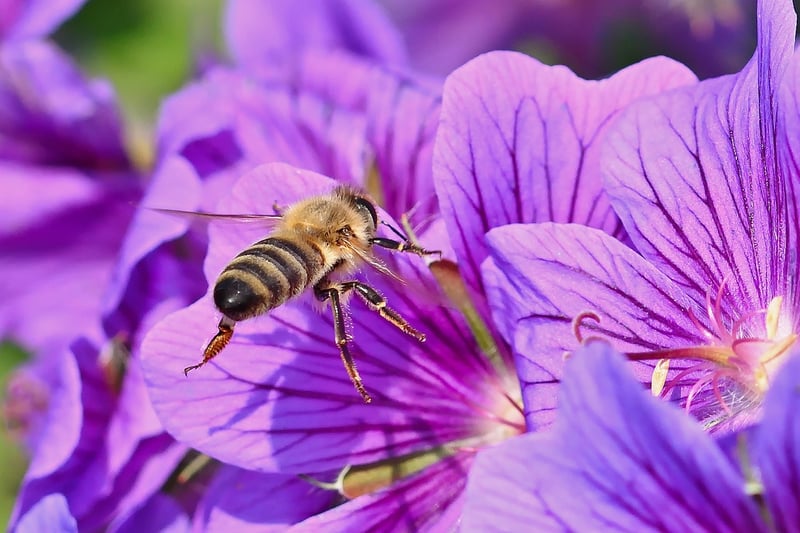Pest Control
Keeping Your Garden Healthy: Pest Control Tips
Welcome to our guide on maintaining a healthy garden through effective pest control methods. A flourishing garden is a joy to behold, but pesky insects and critters can quickly turn your oasis into a battleground. By implementing these simple yet powerful strategies, you can protect your plants and ensure a vibrant garden all season long.
1. Identify the Pests
The first step in pest control is knowing your enemy. Take the time to identify the insects or animals causing damage to your plants. Common garden pests include aphids, snails, slugs, and caterpillars. Once you know what you're up against, you can choose the most effective control methods.
2. Implement Natural Predators
Encourage natural predators like ladybugs, lacewings, and birds to frequent your garden. These beneficial creatures feed on common pests and help keep their populations in check. You can attract them by planting native flowers, providing shelter, and avoiding the use of chemical pesticides.
3. Use Organic Pest Control Methods
Opt for organic pest control methods to protect your garden without harmful chemicals. Neem oil, insecticidal soap, and diatomaceous earth are effective options that are safe for plants, animals, and the environment. These natural remedies target pests while preserving the balance of your garden ecosystem.
4. Practice Crop Rotation
Rotate your crops each season to prevent the buildup of pest populations. Different plants attract different pests, so changing the location of your crops can disrupt the pests' life cycles and reduce infestations. Crop rotation also helps maintain soil health and fertility.
5. Maintain Good Garden Hygiene
Remove debris, fallen leaves, and weeds regularly to eliminate hiding spots for pests. Prune damaged plant parts and keep your garden clean and tidy to reduce the risk of infestations. Good garden hygiene is essential for preventing the spread of diseases and pests.
6. Monitor Your Garden Regularly
Keep a close eye on your plants and inspect them regularly for signs of pest damage. Early detection allows you to take action promptly and prevent minor issues from escalating into full-blown infestations. By staying vigilant, you can protect your garden proactively.
By following these pest control tips and integrating them into your gardening routine, you can create a thriving and pest-free garden that you can enjoy year-round. Remember, a healthy garden is a happy garden!

Image Source: Pixabay
